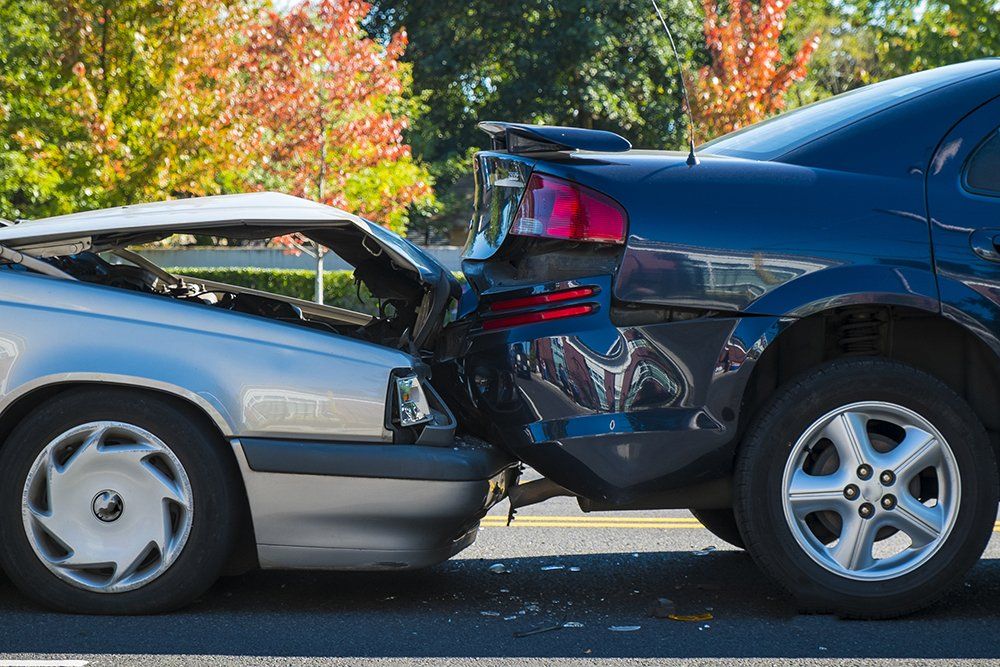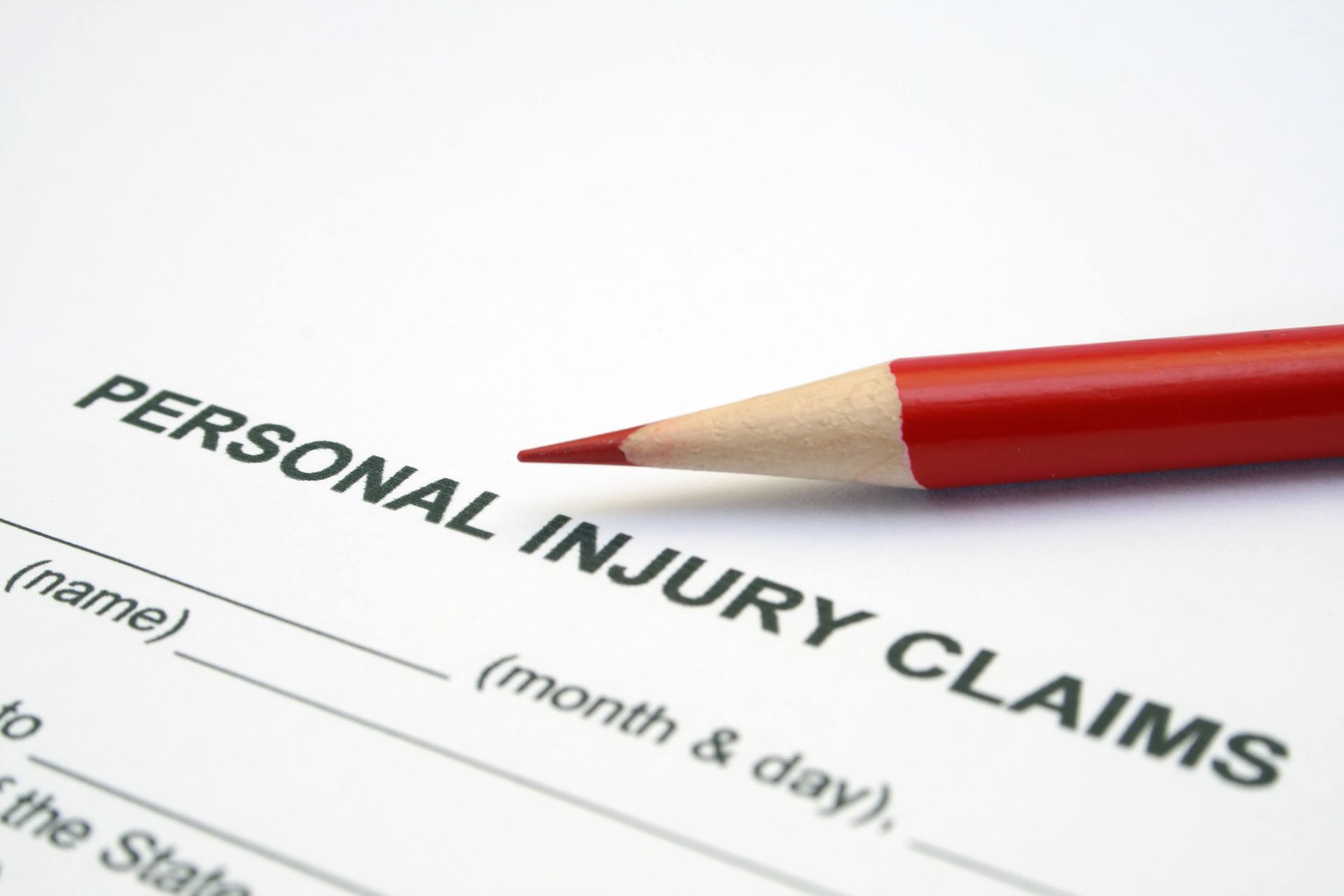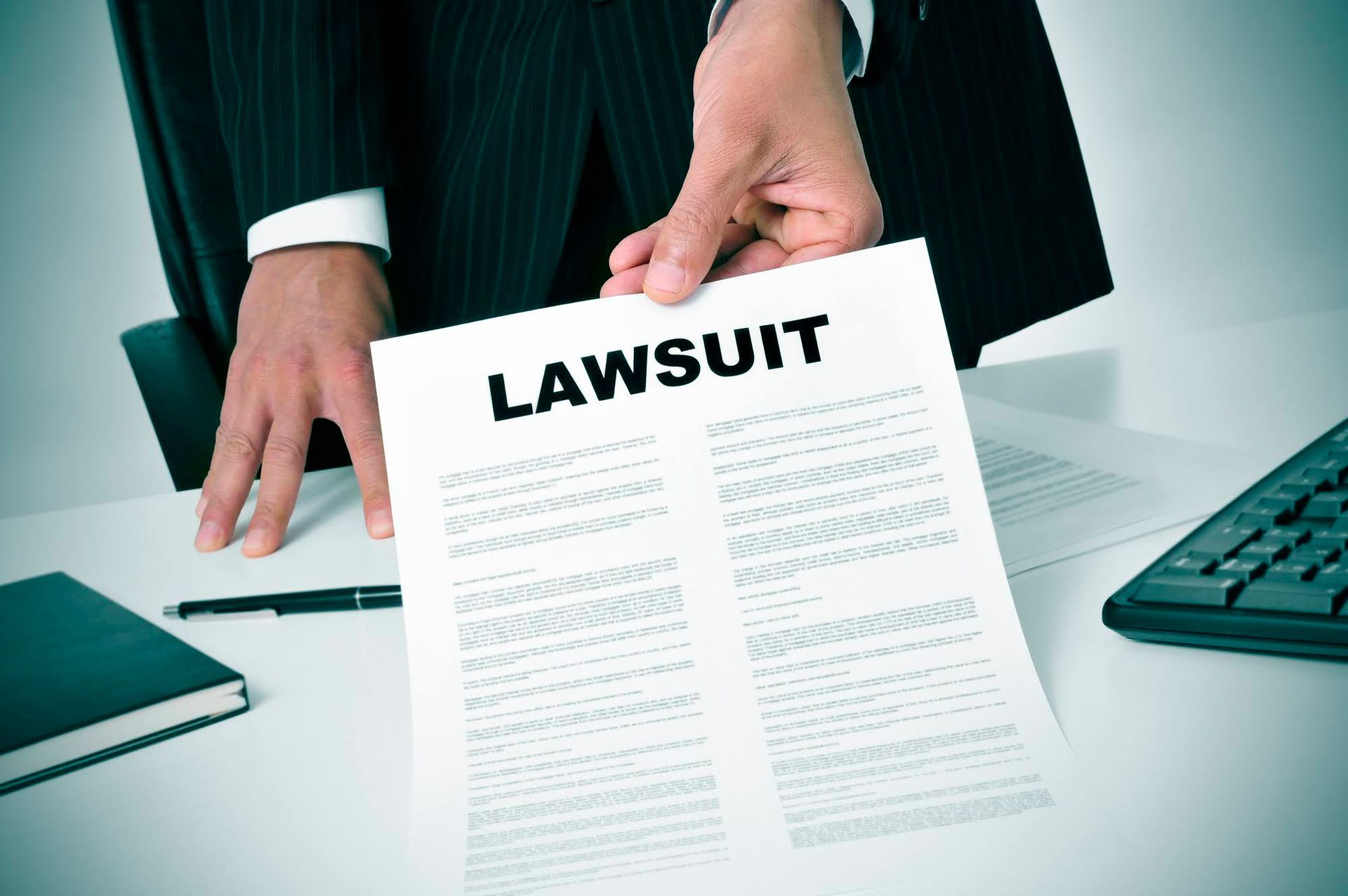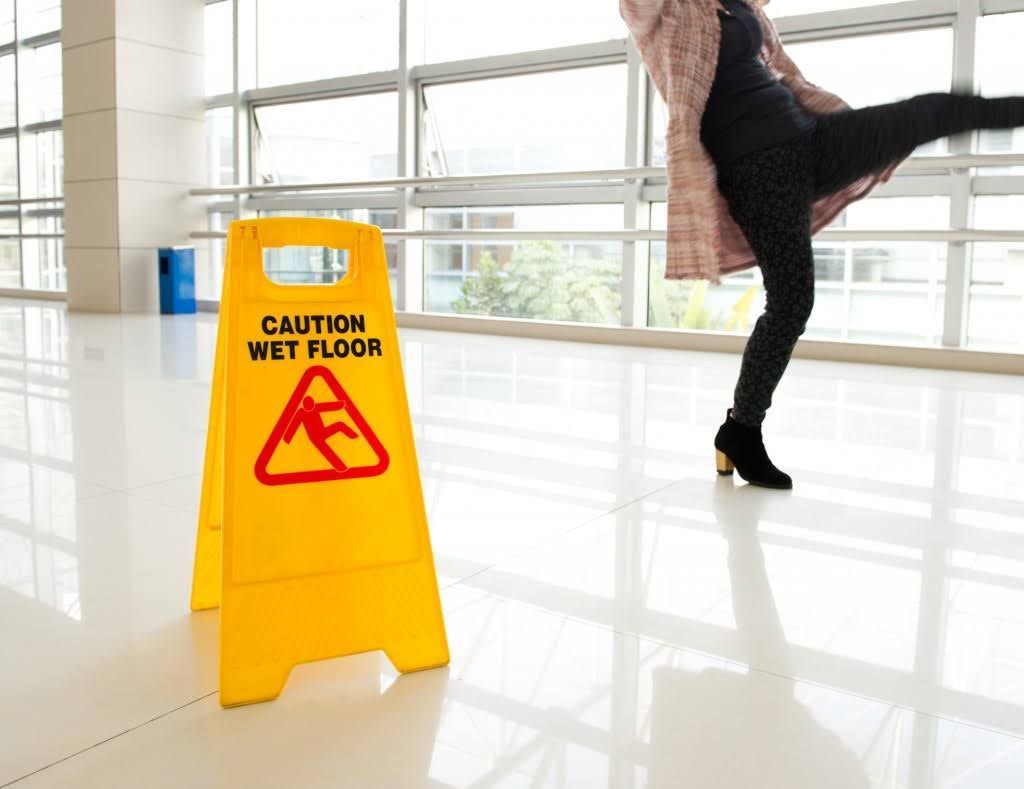Proving Negligent Hiring and Retention in an Injury Claim

You can use negligent hiring and retention to hold an employer liable for damages if their employee causes you injury. Below are some things you have to prove to win your claim.
The Accused Employs the Person Who Caused You Harm
You also need to prove an employer-employee relationship between the person who caused you harm and the person you have accused of negligent hiring and retention. Note that an employer-employee relationship doesn't exist just because a person seems to be working for another.
For example, a plumber installing a toilet in an office building isn't necessarily an employee of the office. The plumber may be an independent contractor hired specifically for the toilet service. Look for the following when proving your case:
- The worker draws a regular salary from their employer
- The employer regulates the worker's working tools, conditions, and place
- The worker signed an employment contract with the employer
A personal injury lawyer can help you prove the employer-employee relationship when appropriate in pursuing a particular claim.
The Employee Caused Your Injury
As with other injury cases, you must prove that another person caused your injury or damages. You can use various forms of evidence such as:
- Expert testimony that connects the employee with your injury
- Eyewitness testimony that confirms your version of events
- Video or photograph footage that shows the employee causing your injury
You can also use different legal theories to prove why the employee is responsible for your injury. For example, you can use strict liability theory to hold the employee liable for your injuries without proving that they did something wrong.
The Employer Negligently Hired or Retained the Employee
Another step is to prove that the employer hired or retained the wrong person for the job, knew or should have known about it, and the employer's actions lead to your injury. These steps are crucial since collectively it establishes the link between the employee's and employer's actions.
Below are some things you can use to prove an employer's negligent hiring and retention.
The Employee Doesn't Have the Necessary Training and Qualifications
Some jobs require specific training and qualification. The training and certification equip you to do the job correctly and properly. For example, a commercial truck driver must have a Commercial Driver License (CDL). Thus, a trucking company that hires a driver without a CDL is guilty of negligent hiring.
The Employee Doesn't Have the Relevant Certification or Licensing
Some professionals also require licensing to ply their trades. The government uses licensing to confirm that a person has met the requirements for their profession.
For example, in many states, you don't become a plumber simply by going to plumbing school – you also need a state license to work independently. Thus, hiring a plumber without the necessary license makes an employer guilty of negligent hiring.
The Employee Has Been Negligent Multiple Times
An employer must ensure they have the right employee even after hiring. For example, employers should:
- Provide ongoing training to their employee
- Discipline errant employees
- Let go of employees who refuse to follow safety rules
Say an employee has caused multiple accidents in the past due to intoxication, but they continue to show up to work drunk. If such an employee causes you injury, you may be able to hold the employer liable for your damages based on negligent retention.
The Employer Knew About the Employee's Propensity to Harm
Lastly, as briefly mentioned above, you must prove that the employer knew that their employee was not fit for the position. You can prove either that the employee specifically knew about the danger or should have known about it.
For example, an employer who checks an expired license but still hires the holder is guilty of negligent hiring. An employer who doesn't do their due diligence and fails to confirm the validity of the license is guilty of the same thing.
Higinbotham & Higinbotham, PLLC, has decades of experience with personal injury law. We can help you prove negligent hiring and retention or any other injury claim.
Contact us for a free initial consultation to review your case and determine how to proceed.
Phone:
304.366.2900
1 (800) 446-HURT(4878)
Fax:
304.366.2909
Email:
Address:
Veterans Square
320 Adams Street, Suite 201
Fairmont, West Virginia 26554
Availability:
Monday - Sunday 24/7
Appointments Also Available









